How Bristol’s Exchange is shielding itself against the tide of music venue closures
Recently, an alarming number of Bristol’s most popular music venues have faced closure. Despite decades of experience and success, both Bierkeller and Star and Garter called last orders for the final time earlier this year.
But, with the future of the Bristol music scene looking uncertain, one venue thinks it has found a way to save itself, before it’s even under threat. In August this year, the #SaveExchange campaign was launched, despite the fact the venue in Old Market was not yet actively facing closure.
Matthew Otridge, co-director and co-owner of alternative live venue Exchange, says the fate of Bierkeller and Star and Garter helped Exchange decide that the time was right. “These closures were in people’s minds and they were fed up. We thought it would help open people’s eyes to new possibilities and ways of safeguarding cultural assets like ours.”
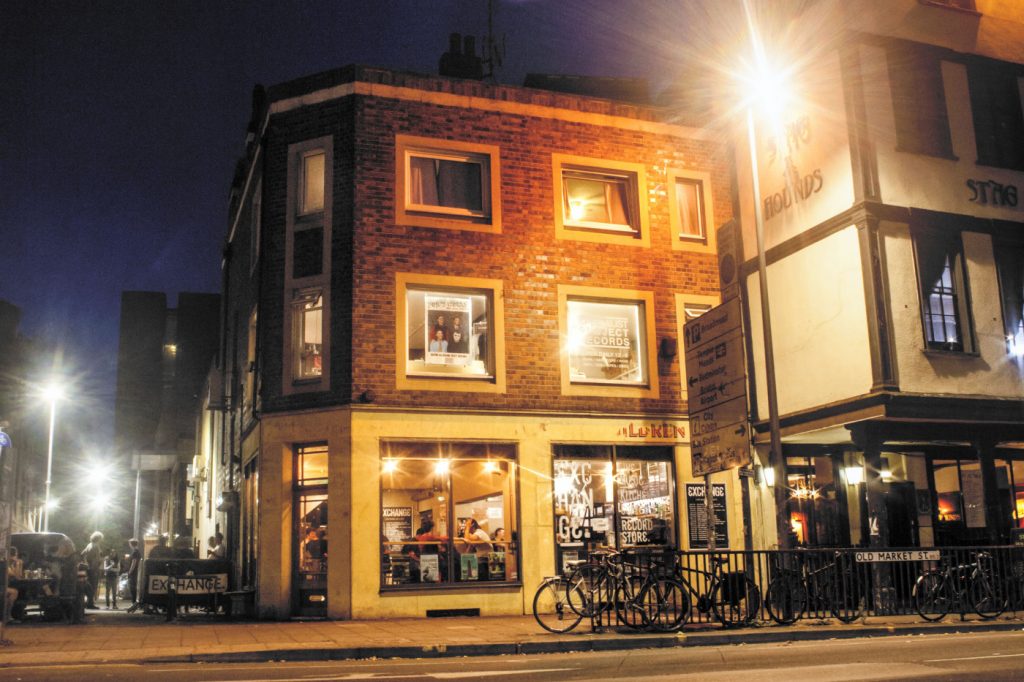
Exchange | Image with permission from Exchange, (c) Jonathan Minto
#SaveExchange, then, was a precautionary rather than reactive campaign, which Otridge admits he struggled with. But, he realised, “looking into the future, the venue was under threat because it couldn’t continue to just exist on the goodwill of a handful of people.” It is this, the acknowledgement that a venue requires public support to survive, that became the crux of the #SaveExchange campaign.
Already established as a Community Interest Company, Exchange put forth a bid to become a Community Benefit Society, and Bristol’s first community-owned live music venue. This meant offering the public the opportunity to buy shares in and ultimately become co-owners of Exchange. Opening in September, the minimum campaign target of £250,000 was reached on 26 October, with the maximum target of £300,000 achieved by Halloween.
Each contributor, regardless of investment sum, is an equal shareholder entitled to a single vote in important decision-making. Otridge is confident that the ideas and enthusiasm generated by the 403 new voices will outweigh any negatives. “The model is useful because we are at liberty to make most decisions without consulting the rest of the shareholders, but we hope to be able to consult our ownership group often as it’s important to us that they can affect the decision making process and put forward their ideas.”
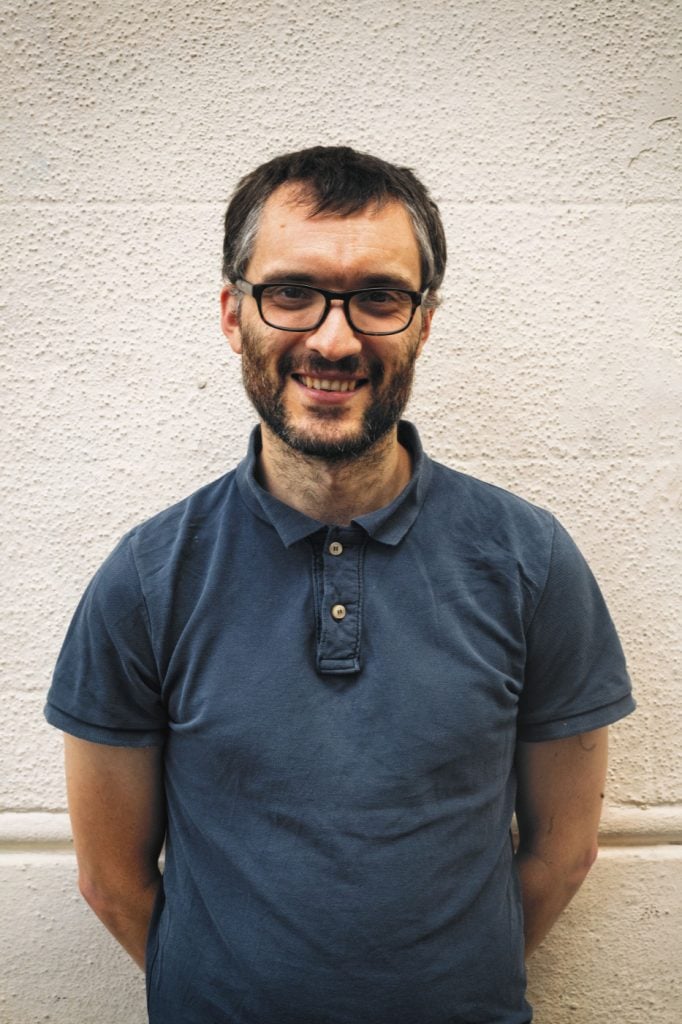
Matt Otridge | Image with permission from Exchange, (c) Jonathan Minto
As well as members of the public and venue-regulars, another local venue, The Fleece, contributed £10,000. Otridge says there is a lot of unity among Bristol venues. “We really don’t see other venues as being competition. The fact that The Fleece put in money wasn’t a surprise to me, but the fact they chose to put in so much was a surprise.”
The Community Benefit Society will take over the lease on 2 January 2019, at which point the investments can begin benefiting the venue. The full improvement plans, rumoured for the festival lull during the summer of 2019, are listed in the official Share Offer Document. But, Otridge says, “in a nutshell, we want to rearrange the venue so that the live room has a box office inside the venue, so that our community are able to access the bar every night of the week rather than being charged at the entrance to the venue.” They’re also planning to put in a new outdoor drinking area, and make improvements to sound and lights, as well as environmental sustainability. “Plus some boring health and safety stuff,” Otridge says.
Speaking about the future of the live music scene, Otridge knows from experience that “people who would pay £10 to see a death metal band called Cattle Decapitation on a Wednesday night would go and see that band on the hippest street in Bristol or on an Industrial Estate on the outskirts of the city.” Despite this, his concern is that small grassroots music venues are probably going to continue to struggle unless the government starts listening to agencies such as Music Venues Trust. Considering that, in the UK, only 0.7% of grassroots music venues received any kind of funding last year compared to the European average turnover of 41% government subsidies, it is no wonder venues are taking alternative action.
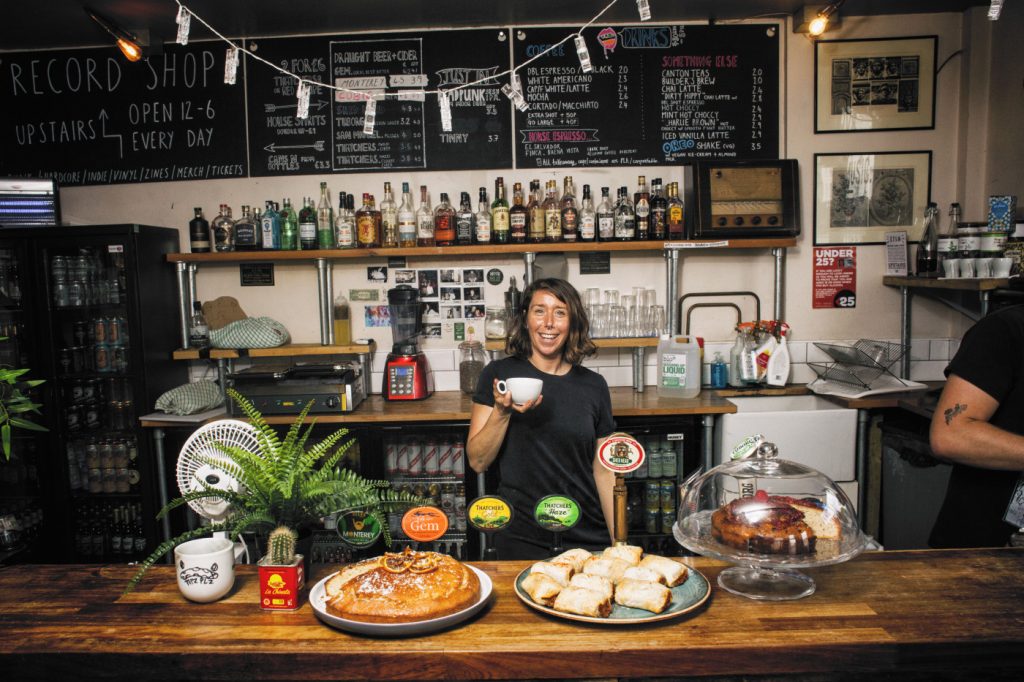
Exchange also houses a coffee shop & kitchen, a record shop, recording studios, and offices | Image with permission from Exchange, (c) Jonathan Minto
Until the government starts paying attention, Community Benefit Societies seem to be a viable option in a depressing climate. Otridge is open about the support he received from Komedia in Bath and Le Public Space in Newport. “We found that everyone who had made this decision not only said it was the best thing they ever did, but would also give up hours of their time trying to help us because they believed it so much.” Similarly, he hopes others are inspired “to secure the futures of other important cultural assets up and down the country”, before it’s too late.
In the end, he says, “we felt a forward thinking city like Bristol would embrace such an idea. It just all made sense for Exchange.”
Stay up to date with the evolution of Exchange, and show your support for the live scene at Bristol’s very first community owned music venue’s upcoming events
Filed under: Music
Tagged with: Bierkeller, bristol, Bristol music scene, Community Benefit Society, community owned music venue, Exchange, interview, music scene, Music venue, Star and Garter
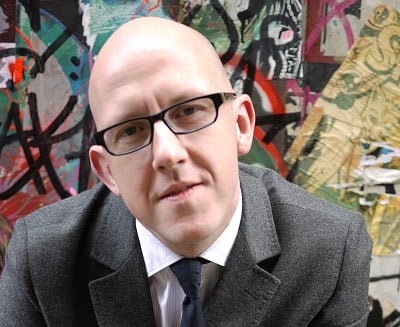
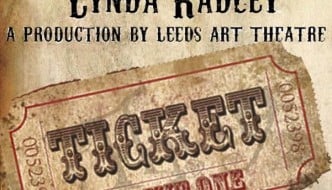

Comments